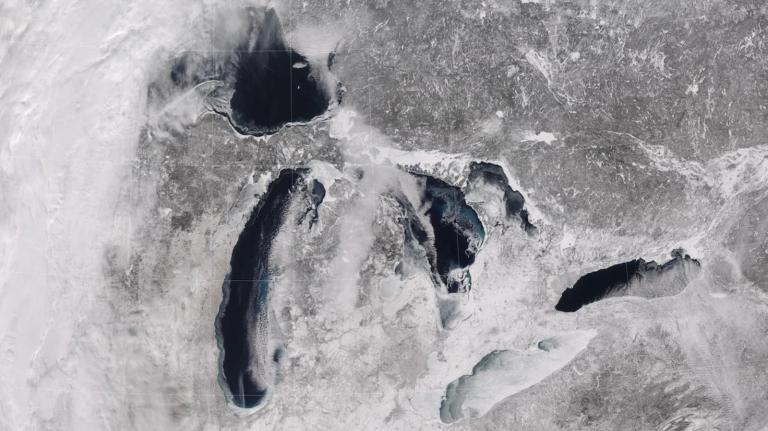Sixteen years after Exxon Valdez, tankers still not safe
This week, to mark the 16th anniversary of the Exxon Valdez disaster that spilled 11 million gallons of oil in Alaska’s Prince William Sound, the Seattle Post-Intelligencer is running a special series on the environmentally precarious state of modern oil-tanker transport. Some key findings of its investigation: Post-Valdez initiatives intended to reduce crew hours, require more tug escorts for tankers, and crack down on alcohol use are all regularly dodged. Many West Coast officials have been lobbying to loosen tug-escort rules meant to help shepherd tankers safely to port. Also, even 16 years later, Exxon still hasn’t double-hulled any of its Alaskan tankers. And even modern double-hulled tankers, such as those now used by ConocoPhillips to transport nearly 38 million gallons of oil at a time, are still vulnerable to spills thanks to human fallibility. More sobering, perhaps, is the fact that experts estimate it only takes some 1 million gallons of spilled oil to cripple wildlife and commerce in sensitive waterways for months or years. Sigh.


